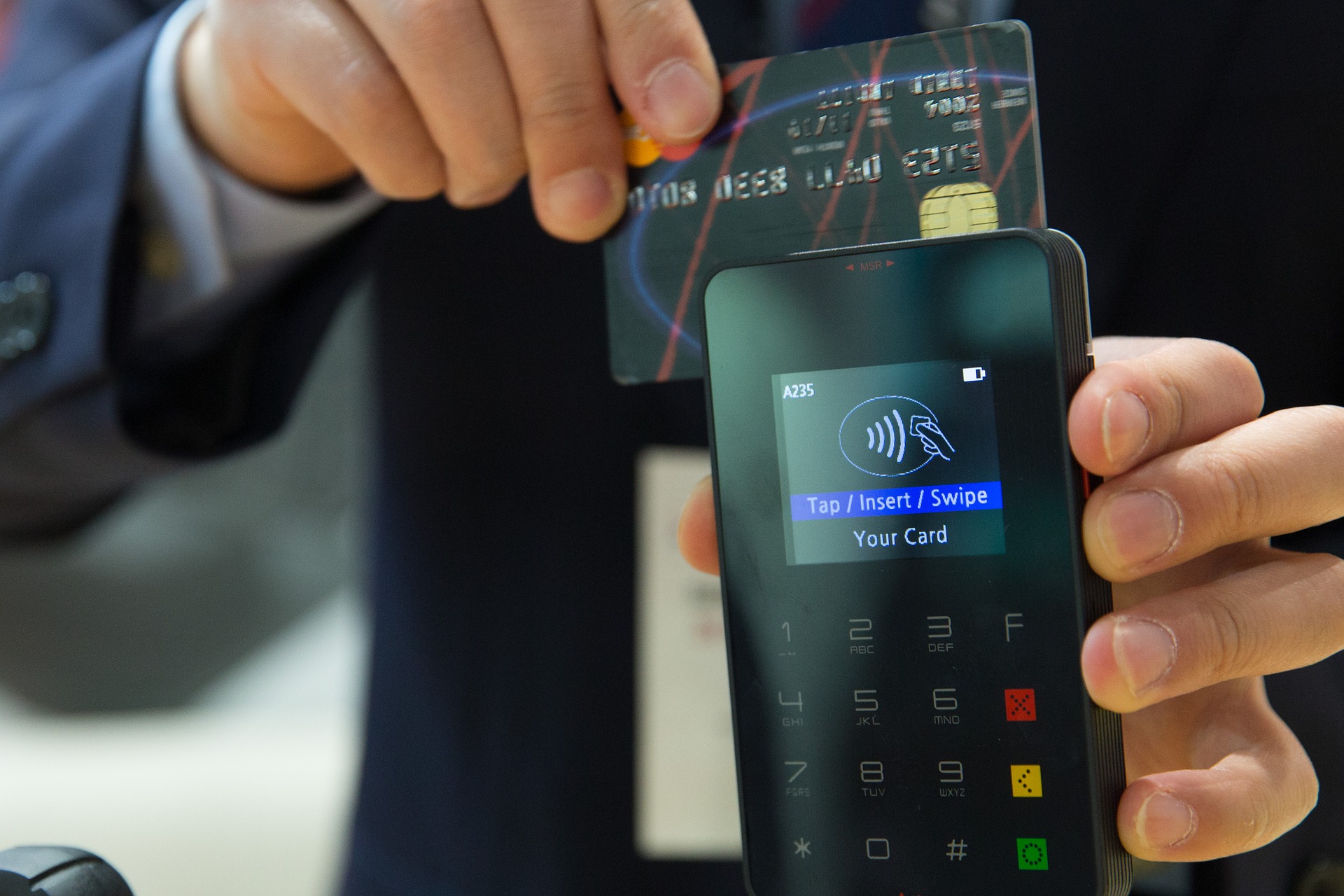5 Things to Know About Credit Card Debt During Bankruptcy
Drowning in unpaid credit card balances and thinking of declaring bankruptcy to help manage debt? Before you use bankruptcy as a debt strategy, it’s important to understand how bankruptcy affects your credit card debt. Bankruptcy lawyers are the most knowledgeable professionals you can consult with regarding this matter.
Knowing the fine print can help you make an educated decision on whether bankruptcy, or other debt payoff methods, such as debt consolidation loans, are the best fit for your financial needs.
What happens to credit card debt during bankruptcy?
1. You can’t pick and choose
When you file for bankruptcy, you’re required to report all of your credit cards and you’ll likely lose borrowing privileges. This is the case even if your credit card has a zero balance. You won’t have the option of picking which cards to get rid of and which cards to keep.
2. The type of bankruptcy makes a difference
Chapter 7 bankruptcy
With Chapter 7, your debts are dismissed once your assets are sold off to pay your debts. Anything that isn’t covered by the sale of your assets becomes permanently discharged. Secured debts, such as car loans and mortgages, are paid first by money left over from asset sales. Unsecured debts, like credit cards, are a lower priority.
Chapter 13 bankruptcy
With Chapter 13, you’ll pay back your debts on a structured 3–5-year plan. Any debt that remains after that time, including credit card debt, is discharged after your payment plan is over. Secured debts and other priority debts will be paid off first.
3. Co-signers might still be on the hook
If you declare bankruptcy, anyone who has vouched for you as a co-signer and taken on responsibility of your debt may be called on to help pay for anything outstanding during the bankruptcy process. Many co-signers are safe from having to pay after Chapter 13 proceedings are complete, but before that, it’s likely they’ll have to pay up.
4. Discharging credit card debt
Balances thought to be under false pretenses or actual fraud are thought to be non-dischargeable, meaning they’ll stay as your responsibility post-bankruptcy. There are two main fraud classifications:
- Luxury goods: Using one credit card to buy more than $675 of luxury goods within 90 days of filing for bankruptcy makes the debt non-dischargeable.
- Cash advances: Using a credit card to get a cash advance over $950 within 70 days of filing for bankruptcy also makes the debt non-dischargeable.
Lenders who want to declare a debt non-dischargeable do so by filing a complaint with bankruptcy court.
5. You may have the option of reaffirming your balance
You might be able to reaffirm your credit card balance and sign a new agreement with your credit card issuer. However, once you reaffirm your credit card debt during bankruptcy proceedings, your debt will not be discharged. If you need a credit card, there are other options, such as using a secured credit card.
Bankruptcy isn’t a proceeding you should take lightly. A Chapter 7 bankruptcy can stay on your credit report for up to 10 years from the filing date, and a Chapter 13 bankruptcy can stay for up to 7 years. However, for some individuals who are facing severe debt, bankruptcy can be a very helpful tool.
Whether you select bankruptcy or another strategy, the most important thing is that you work on correcting the spending problems that got you into trouble in the first place. Good luck on your debt repayment journey.
By Stefanie Gordon
Stefanie Gordon is a content strategist with over a decade of professional writing experience. She is a former financial journalist who has spent the last several years working in digital marketing. She specializes in content strategy and creation for large and small businesses in finance and technology.

